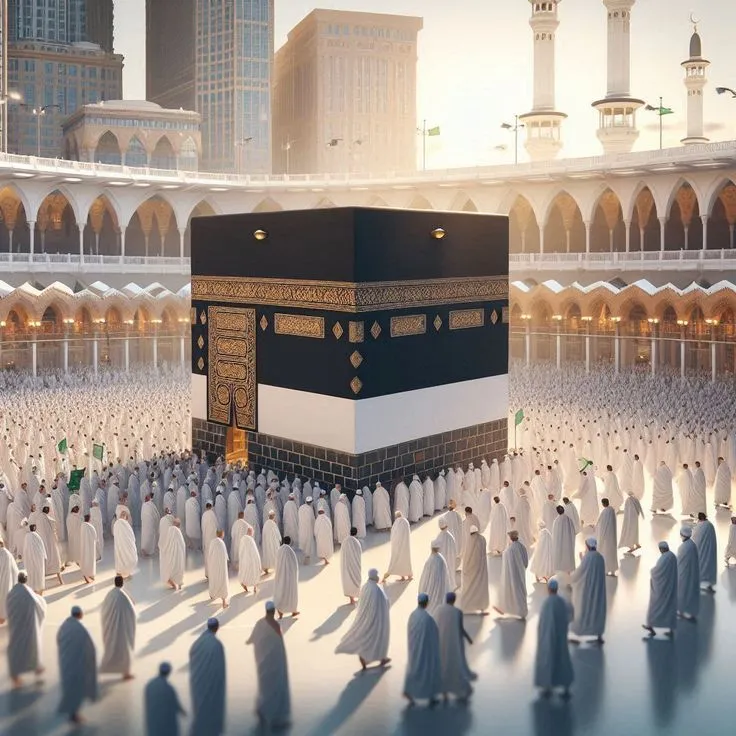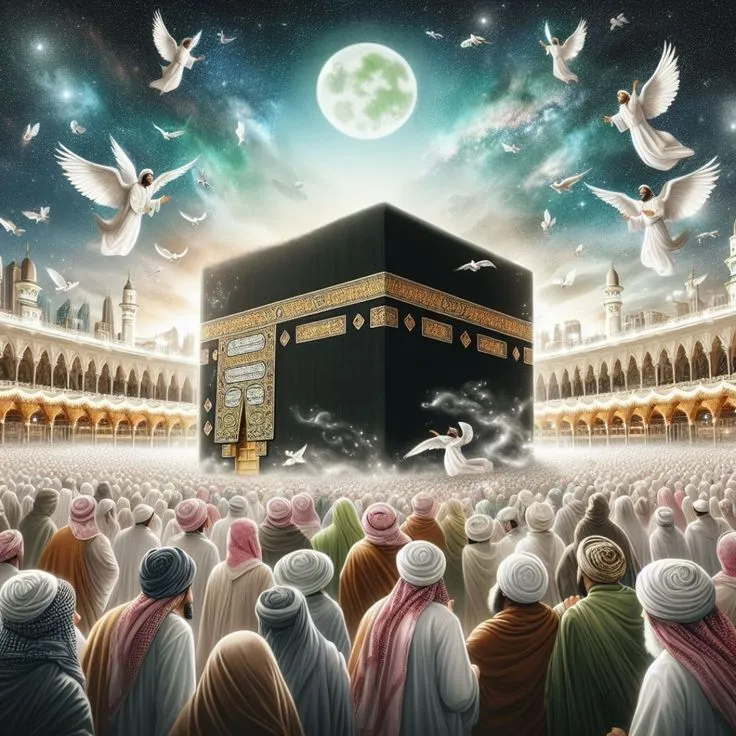Umrah: Islam’s Lesser Pilgrimage
In contrast to the Hajj, which has set dates in the Islamic lunar calendar, the Umrah, sometimes known as the “lesser pilgrimage,” is an important spiritual journey for Muslims that can be done at any time of the year. Although it is not required, Umrah is strongly advised in Islam and has great spiritual value. Muslims get the chance to contemplate their relationship with Allah, ask for pardon, and strengthen their faith throughout this journey.
The Islamic Importance of Umrah:
The Arabic word “Umrah,” which means “visit,” refers to a trip to Mecca, the sacred city where the Kaaba is situated. The most revered place in Islam is the Kaaba, a cube-shaped building in the middle of the Grand Mosque, or Masjid al-Haram. Umrah entails several ceremonies, each with deep spiritual and historical significance.
While Umrah is not considered a pillar but a Sunnah (tradition of the Prophet Muhammad), the Hajj is one of the Five Pillars of Islam. It is required of all Muslims who are financially and physically capable of performing it at least once throughout their lifetime. Because of the spiritual advantages of Umrah and the blessings that come with visiting the sacred locations, many Muslims hope to undertake it several times during their lives.

The Umrah Rituals:
Umrah entails several rites that must be done in a particular order:
1. Ihram: Pilgrims are required to wear basic, white clothing, which represents equality and purity, before they can enter Mecca. Women dress modestly, and men wear two unstitched garments. The pilgrim must also have a specific purpose (niyyah) to undertake Umrah in order to be in this stage.
2. Tawaf: When pilgrims arrive at the Masjid al-Haram, they perform Tawaf, which entails making seven anticlockwise circles around the Kaaba. The unity of Christians in their worship of the One God is symbolized by this deed.
3. Sa’i: After Tawaf, pilgrims participate in Sa’i, which entails walking between the hills of Safa and Marwah seven times. This ceremony honours Hagar, the Prophet Ibrahim’s (Abraham) wife, as she looks for water for her son Ismail.
4. Shaving or Cutting Hair: Male pilgrims usually shave their heads or cut their hair after finishing the Sa’i, while female pilgrims usually cut a little section of their hair. This deed represents a tangible expression of humility and spiritual rejuvenation.
5. Completion: With the completion of these rituals, pilgrims can exit the state of Ihram and return to their normal attire, having fulfilled the rites of Umrah.
Umrah’s Spiritual Benefits:
It is believed that performing Umrah offers a chance for spiritual renewal. Umrah is thought to atone for sins and bring forth great blessings from Allah. According to the Prophet Muhammad, “Paradise is the only reward for an accepted Umrah” (Sahih Bukhari). A renewed dedication to their faith and a sense of inner serenity are common returns for pilgrims.
Additionally, because Muslims from different backgrounds come together to worship together in Mecca, Umrah promotes solidarity among them. The ties of brotherhood and sisterhood within the Muslim ummah (community) are strengthened by this communal element.
In conclusion
In conclusion, Muslims everywhere have a particular place in their hearts for Umrah. Although it is not required, it is a powerful way to deepen one’s spiritual development and relationship with Allah. For individuals who go on this auspicious journey, Umrah is a treasured experience because of the rites that offer a special chance for introspection, forgiveness, and camaraderie. All Muslims are encouraged to embrace the spiritual value of Umrah throughout their lives, as it continues to be a vital expression of devotion in the Islamic religion, whether it is conducted alone or with family and friends.


